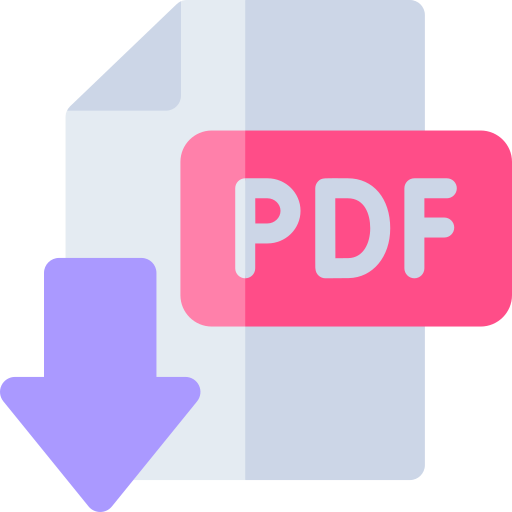Object of the Bill
The object of the Bill is to---
(a) ensure efficiency in the procurement process by—
(i) strengthening the Public Procurement and Disposal of Public Assets Authority, specifically by giving the Authority additional powers and functions and by reconstituting the Board of the Authority and allowing for the delegation of the powers and function of the Board;
(ii) regulating procurement planning, accrediting Alternative procedures of procurement and providing additional functions of the Contracts Committees;
(b) ensure transparency and accountability by streamlining the functions of the accounting officers and the Contracts Committees and by making the accounting officers personally liable for their actions in the procurement process;
(c) promote local and small enterprises through the use of Preference and reservation schemes;
(d) guarantee the confidence of the public, uses departments, suppliers and service providers in the procurement process by strengthening the administrative review process, establishing the Public Procurement and Disposal of Public Assets Appeals Tribunal, prohibiting members of the procuring and disposal entities from entering into contracts with their entities and providing for further offences;
(e) clarify the procurement and disposal methods.
Other Attachments
| 1 |
|
||||||
|---|---|---|---|---|---|---|---|
|
|||||||
The Public Procurement and Disposal of Public Assets (Amendment) Bill, 2010
Sponsored By Hon. Syda N.M. Bbumba (Minister of Finance, Planning and Economic Development)
Committee: The Committee on Finance, Planning and Economic Development
Start
First Reading/Committee
The bill is still at First Reading, and the first stage of a bill is a passage through the floor of parliament. This stage is usually a formality, primarily focusing on introducing the Bill to the Parliament. It takes place without debate, and the first reading of a Bill can occur anytime in a parliamentary session. The significance of this stage lies in the fact that it marks the formal introduction of the Bill to the Parliament, setting the stage for further discussions and debates.
Second Reading
The Bill has now progressed to the Second Reading, a stage that offers the first opportunity for MPs to engage in a democratic debate on the main principles of the Bill. This stage, which usually takes up to 45 days after the first reading, allows for thorough discussion and ensures that all voices are heard. Once the second reading is complete, the Bill moves to the committee stage, where each clause and any amendments to the Bill may be debated, further highlighting the democratic nature of the process.
Third Reading
Parliament has passed the Bill. The third reading is the final chance for the Members of Parliament to debate its contents. Here, the debate is usually short and limited to what is actually in the Bill rather than, as at the second reading, what might have been included.
Presentation/Waiting Assent
The Bill is now awaiting the Presidents assent, a crucial step in its journey. When the Floor of Parliament has passed a Bill, it is presented to the President, who carefully reviews it, considering its implications and ensuring it aligns with the governments policies and the Constitution. The Presidents assent is the final step in the Bills journey, marking its transition from a proposed law to an enacted one, underscoring this decisions importance in the legislative process.
Assented by President
At this crucial point, the Bill has transformed into an Act of Parliament, marking a significant milestone in its journey. However, it requires the Presidents assent before it can be enacted into law. As a formal agreement by the State, this act of consent represents the final step in the Bills process, underlining the vital role that the President plays in the legislative process and the importance of checks and balances in our democratic system.
End
Bill passed on 21/06/2011
At this crucial point, the Bill has transformed into an Act of Parliament, marking a significant milestone in its journey. However, it requires the Presidents assent before it can be enacted into law. As a formal agreement by the State, this act of consent represents the final step in the Bills process, underlining the vital role that the President plays in the legislative process and the importance of checks and balances in our democratic system.
Bill Withdrawn on 01/01/1970
